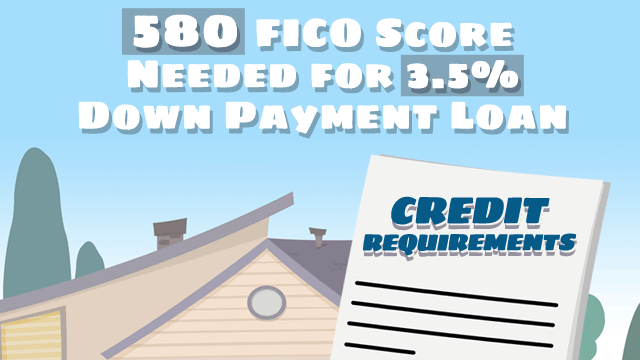FHA Loan Basics: Acceptable Property Types
December 11, 2024
Eligible Homes
FHA loans are primarily intended for primary residences—homes that borrowers will occupy as their main dwelling. This includes single-family homes, townhouses, and even multi-unit properties like duplexes or triplexes, provided the borrower lives in one of the units.
Condominiums can also be eligible, but the project must be FHA-approved or added to the approved list. It must also meet specific owner-occupancy rates, financial reserves, and insurance coverage standards.
In some cases, a condo unit may be approved for an FHA loan even without being on that list. Ask your lender about this option.
Manufactured homes can also qualify but must adhere to HUD Code manufacturing standards and be permanently attached to a foundation.
However, certain property types are not eligible for FHA financing.
No Investment Properties
Investment properties purchased solely for rental income, vacation homes, and commercial properties are not eligible for FHA financing.
Additionally, properties in disrepair may not qualify for an FHA purchase loan unless the necessary repairs are completed before closing. Such properties may qualify for an FHA rehabilitation mortgage, and this is an option worth considering.
Standard FHA loans are not designed for extensive renovations. The FHA 203(k) loan offers a solution for purchasing and rehabilitating a fixer-upper. This program has specific guidelines regarding eligible repairs and cost limitations.
There’s No One-Size-Fits-All FHA Mortgage
It's important to recognize that FHA loans for different property types have unique requirements. For example, condominium projects undergo a more rigorous approval process, including a review of the project's financial documents and governing rules.
Manufactured homes must meet specific construction and safety standards, and depending on the circumstances, there may be restrictions on financing homes located on leased land.
Understanding the nuances of FHA loans and eligible property types is crucial for prospective homebuyers.
It is always recommended that you consult with an FHA-approved lender to discuss your individual circumstances and find the most suitable loan program for your needs.

FHA Loan Articles
November 20, 2024Refinancing your mortgage offers a way to cash in on your home equity, potentially reduce your interest rate, or modify your loan term. Borrowers ready to consider have options including FHA loans and conventional loans.
While both provide avenues for refinancing, each loan type may be best for specific needs and financial circumstances. What are the differences between FHA and conventional refinance options?
November 14, 2024The home you want to buy might seem perfect, or it may have a few flaws that are acceptable in the grand scheme of things. But what about issues you can’t spot just by walking through the property a few times? A home inspection provides an unbiased, expert assessment of the property's condition, uncovering potential issues that might not be noticeable to the untrained observer.
November 12, 2024Escrow is an important feature of most typical FHA loans. An escrow account is a third-party account where borrowers deposit funds designated for property taxes and other uses. Requirements to use escrow accounts typically stems from a need to protect all parties involved in the transaction
November 2, 2024When it’s time to consider buying a home, the Federal Housing Administration (FHA) offers two popular options. One is the traditional FHA purchase loan many use to buy a house in the suburbs. But not everyone wants to buy an existing property. Some want more control over the design and configuration of the home.
The other FHA construction loan option, the one-time close mortgage, comes in here. This option is for those who want to approve floor plans, have a say in the types of materials used to build the home and choose its features.
October 31, 2024When buying a home for the first time, it helps to know how long the process can take. How do you know if your appraisal report is delayed if you don’t know how long the FHA allows for the process to be completed? How long does it take to get from the final offer to closing day? A “typical” FHA loan process may take up to 45 days from start to finish. Several factors can influence this timeline.







